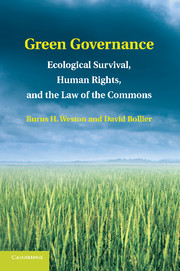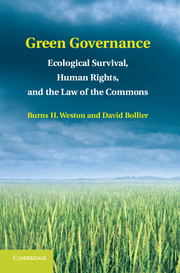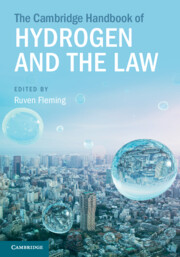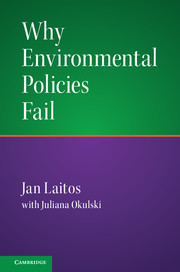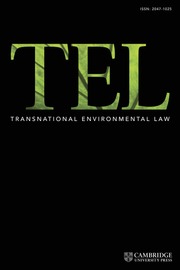How to Decarbonize
How to Decarbonize explores opportunities for decarbonization introduced by recent federal legislation, which has prompted state-level climate planning. It is designed for students and professionals whose work brings them into contact with these opportunities, even if climate is not their primary profession, including city managers, bankers, and home builders who are interested in participating in planning for decarbonization. Chapters aim to support the successful uptake of these policies by providing high-level views of these new decarbonization policies using social theory. The book is divided into four sections, each introducing a social theory about the organization of societies and how they change, and then providing examples to demonstrate the intricacies of implementation.
- Outlines new frameworks for analyzing decarbonization policy
- Presents a schematic history of the electrical utility industry, one of the central social actors in decarbonization
- Provides climate advocates, students, and professionals with tools for creating climate solutions
Product details
March 2025Paperback
9781009580137
240 pages
229 × 152 mm
Not yet published - available from March 2025
Table of Contents
- 1. Introduction: Can We Decarbonize?
- Part I. Environmental Economics:
- 2. Carbon Pricing and Pigou's 'Violent Paradoxes'
- 3. Other 'Market Failures' and Decarbonization
- Part II. The Theory of Strategic Action Fields:
- 4. The Theory of Strategic Action Fields
- 5. The Electrical Power Company as Strategic Action Field
- 6. New York and Reforming the Energy Vision Part III. Political Economy:
- 7. Decarbonizing Fossil Capitalism
- 8. Green Mehrwert and Decarbonization
- Part IV. Climate and Environmental Justice:
- 9. Dispossession and Environmental Racism
- 10. Descriptive Model of EJ Policy
- 11. Conclusion: A Democratic Decarbonization?.


